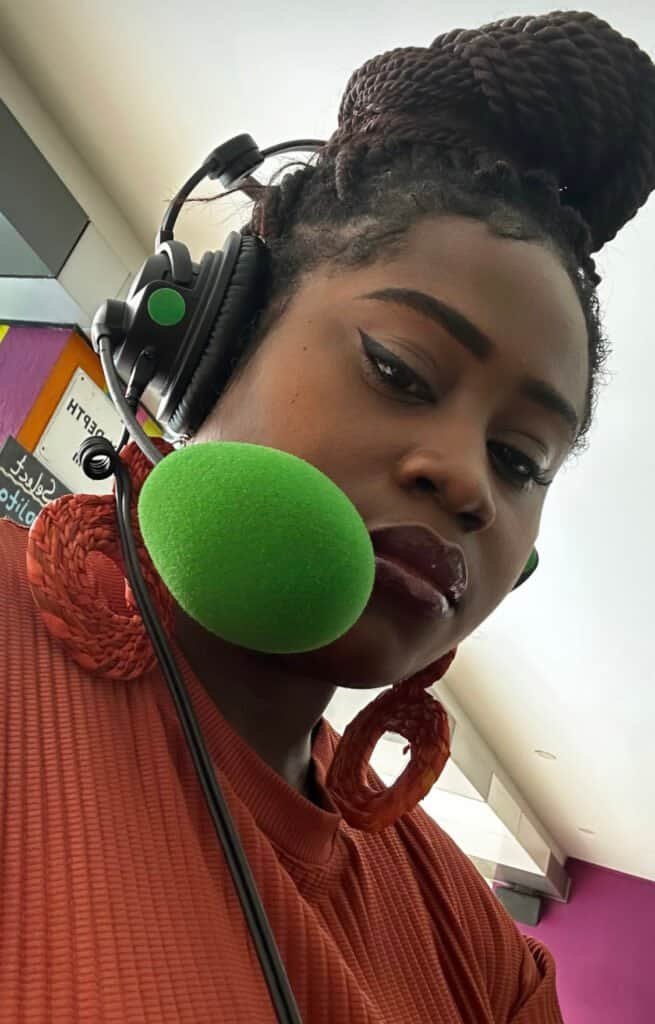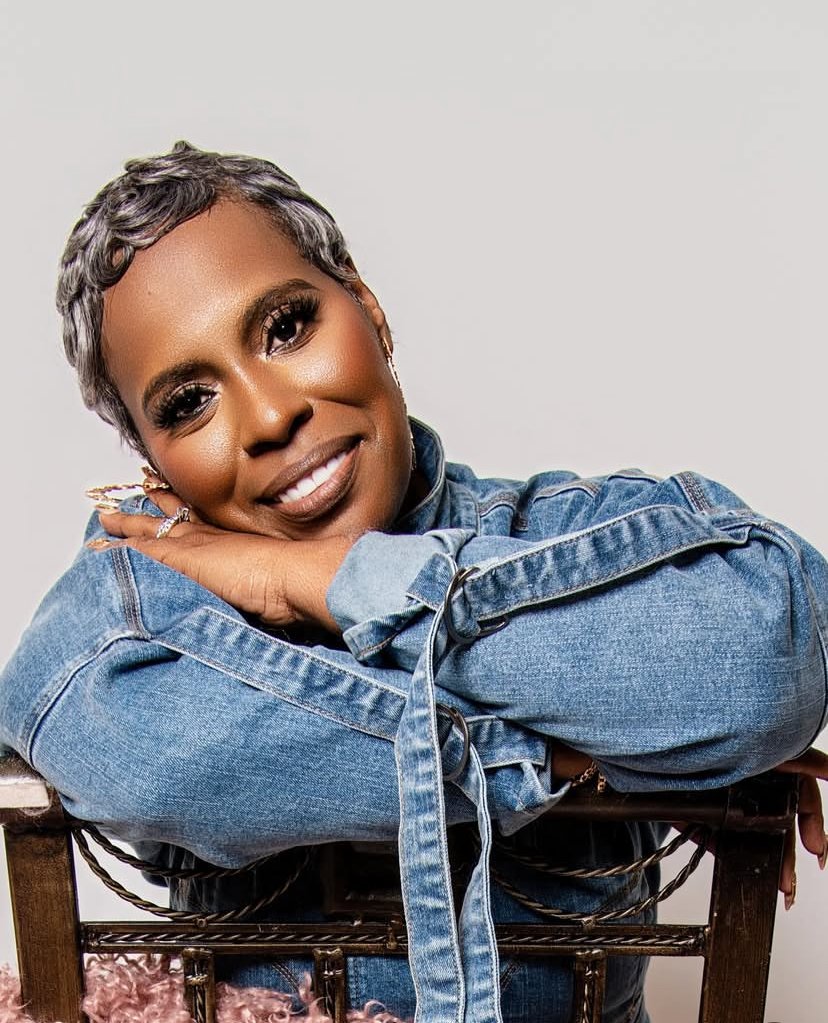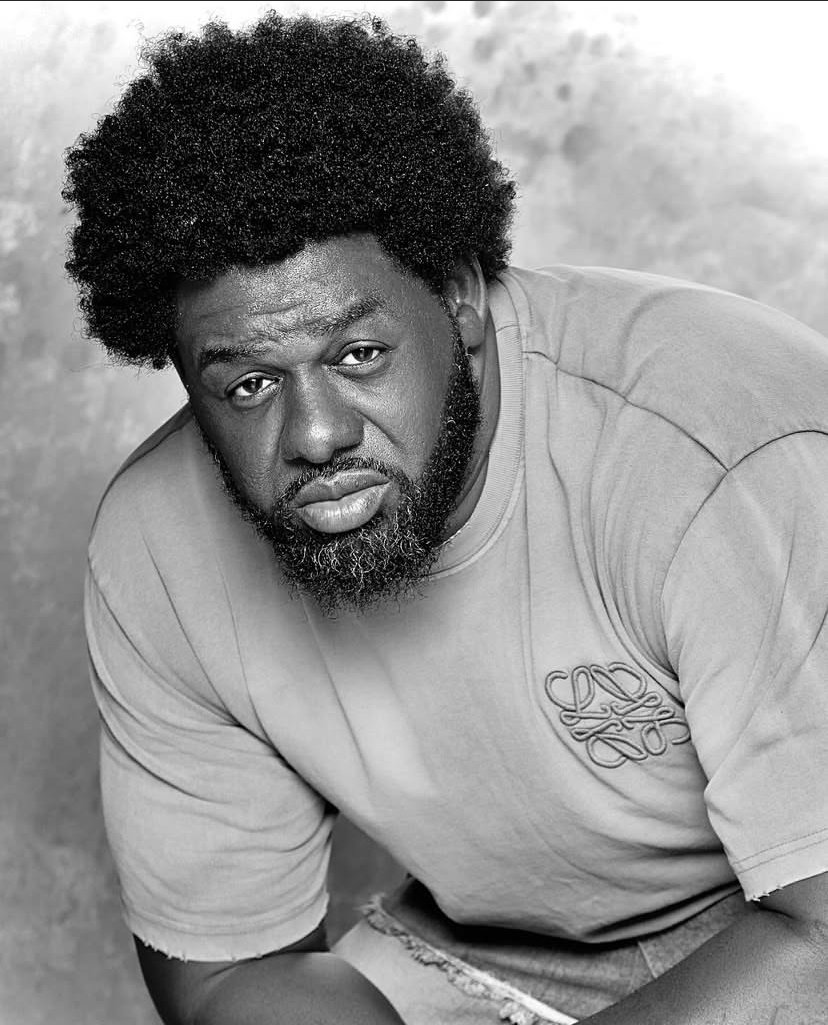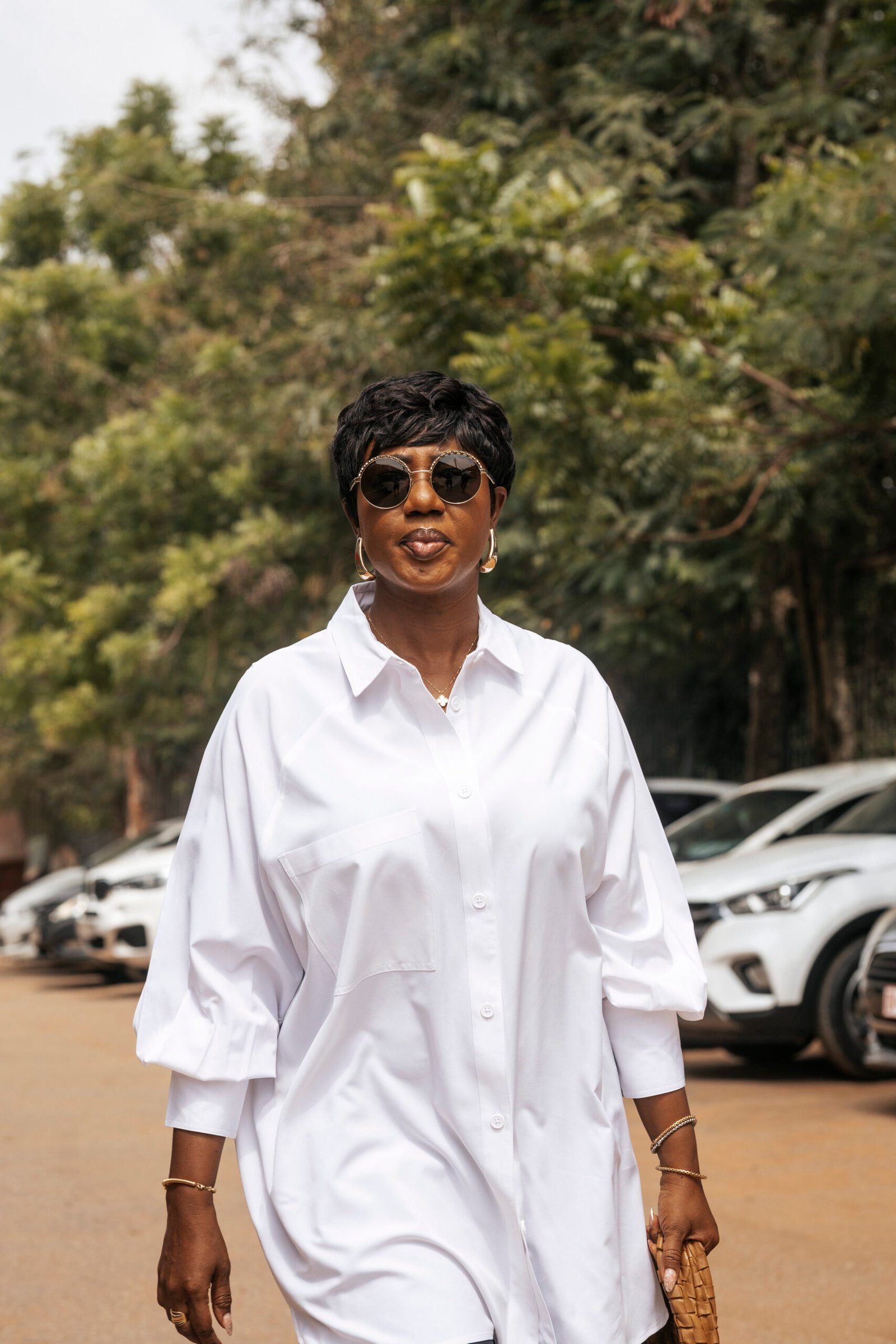Ghanaian actress, entrepreneur, and outspoken social commentator Lydia Forson has sparked conversations nationwide following her candid interview with the BBC, where she delved into the changing dynamics of Ghanaian politics. Speaking on the BBC’s Newsday program on December 9, 2024, Forson highlighted how Ghanaian voters are moving away from the historically entrenched political and tribal loyalties, focusing instead on issues of accountability, performance, and leadership.
Her comments come on the heels of the New Patriotic Party (NPP)’s defeat in the December 7 elections, a significant political shift that has caught the attention of both local and international observers.
Lydia Forson emphasized that the recent elections were less about political affiliations and more about the people’s frustrations with poor governance, lack of accountability, and economic hardship.
“Accountability is one of the main things a lot of young people are angry about,” Forson said during her interview with James Copnall. “There is a global crisis, yes, but when you consider Ghana’s growing economy and the challenges that come with it, people feel unheard. They’re protesting, speaking up, and are not being acknowledged.”
Forson attributed the NPP’s loss to this growing dissatisfaction, calling it a wake-up call for Ghana’s political elite. “This election wasn’t about loyalty to any political party or tribal identity. It was about the people demanding results and holding leaders accountable,” she added.
When asked what the incoming government led by John Dramani Mahama of the National Democratic Congress (NDC) should prioritize, Lydia Forson had one key piece of advice: listen to the people.
“So one of the most important things is having a listening leadership. If people are upset and they come to you, you can’t just tell them not to talk about it. That’s a problem,” she said. “Ghanaians are becoming more discerning. They’re asking, ‘Are you going to deliver? And if you can’t, we will hold you accountable.’”
Forson’s call for a people-centered governance model reflects the sentiments of many Ghanaians who have grown increasingly disillusioned with unfulfilled political promises.
Lydia Forson didn’t shy away from discussing the personal impact of Ghana’s economic challenges on her entrepreneurial ventures. As the owner of a natural hair and skincare brand, she highlighted how the depreciation of the cedi has significantly affected her business.

“I source most of my ingredients locally, but for some items, I rely on imports paid in dollars or pounds. When the cedi depreciates, my production costs skyrocket. There’s only so much of this cost you can pass on to the consumer,” she explained.
Forson noted that these economic pressures have a ripple effect, affecting job creation, consumer purchasing power, and her ability to support extended family members in rural areas. “The harder things get, the more your family depends on you. No matter how well you think you’re doing, you’re affected,” she lamented.
Joining Lydia Forson on the BBC segment was Ghanaian rapper M.anifest, who echoed similar sentiments about the electorate’s dissatisfaction. He attributed the NPP’s loss to the palpable “anger and hunger” of the Ghanaian people, who have grown weary of promises without tangible results.
While the Electoral Commission of Ghana has yet to officially announce the results, the flagbearer of the NPP, Dr. Mahamudu Bawumia, has already conceded defeat. In a public address from his residence, Dr. Bawumia congratulated John Dramani Mahama on his victory and expressed gratitude to Ghanaians for the opportunity to serve.
Dr. Bawumia acknowledged the NPP’s internal collation of results, which indicated a clear win for the NDC. His concession marked a significant moment in Ghana’s democratic history, showcasing the country’s commitment to peaceful political transitions.
Follow Us For More News Updates >>>http://Theirsondiary.com









